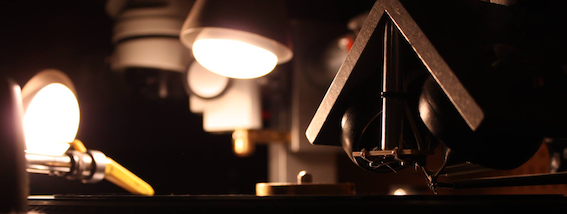
If you had to pay £35 to upload just one song to Soundcloud, then the quality of music would be a lot better.

It’s what we called the ‘shit filter.’ Now this ‘shit filter’ has gone. “It’s amazing looking back how much I must have spent,” muses DJ Hype. Bigger DJs like Hype – if he was particularly busy – wouldn’t have all day to queue at the more social cutting studios, so he’d spend anywhere from £50 to £90 at the more upmarket Heathmans or Metropolis. You can’t get that now.”Īt cutting studios like Music House or Tubbys, these plates would cost anything from £25 to £45 depending on whether they were 7-, 10- or 12-inches. You’d still be there at 9 PM clinging on to get a dubplate off someone even if you thought you might be missing your gig. It would define where the music would go in the next couple of months. You’d go down to Music House (a popular Jamaican-inspired cutting studio in London), and it was a little social club where people would experiment and cut dubplates for each other. Lemon D remembers the rich era of the mid-’90s when jungle was huge and Goldie’s label was king: “Metalheadz (the label) was right time, right place, right sound. Once the finished vinyl pressing was sent to shops, dance floor dynamite was normally guaranteed. It’s the same way football teams develop training ground set-plays in which a complex strategy is enacted dozens of times before it’s unleashed in a public tournament. Lemon D chips in with a point of his finger: “It was a bit like gardening: you plant a seed over here by giving a DJ a dubplate, he’d go and play it out, and then a few months later it’d be growing its own little scene over in this corner.” Anthems would evolve over a few months across a succession of dubplates, each tested out all weekend, then refined for the next cut. It’d make people want it more! These days music isn’t worth anything.” You paid to get them made and no one could copy them.” The producer shakes his head, then continues, “You’d only give copies to certain DJs that were on the right level. Our best music was held on these metal discs. The jungle, drum & bass and garage producers are no longer found here anymore.ĭillinja remains exasperated by the loss of dubplate culture to digital: “I severely miss the benefits of holding back music.
#Dubplate service torrent#
But where the lathes once produced a week-long torrent of innovative music, now their output is just a revered and treasured trickle of reggae re-rubs.

Jamaican selectors may still cut “specials” which reference a rival’s name, or perhaps they cut a dubplate after persuading a legendary singer to mention their own soundsystem at the start of an anthem for killer prestige in a sound clash. Dillinja’s diagnosis of the scene being dead rings true for any producer or DJ except those in reggae.


 0 kommentar(er)
0 kommentar(er)
